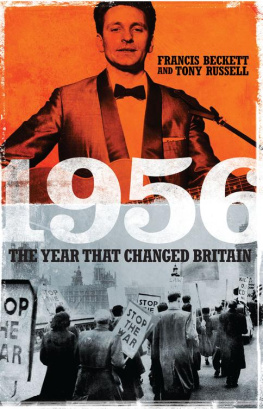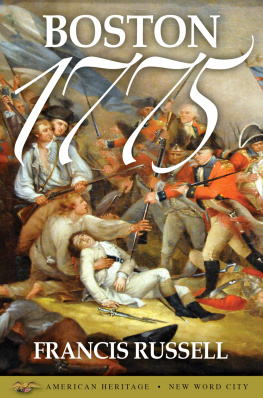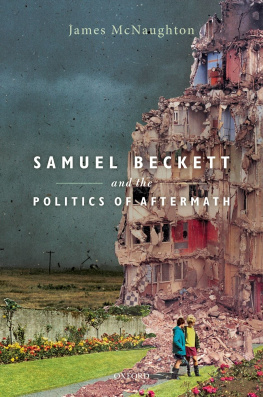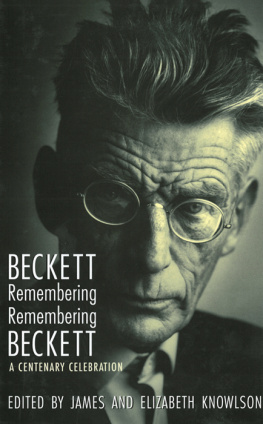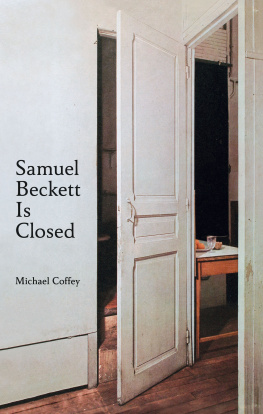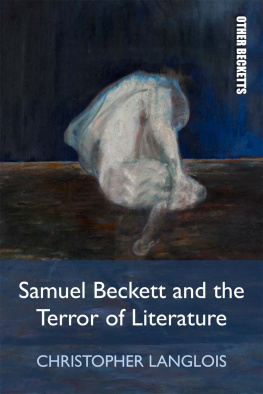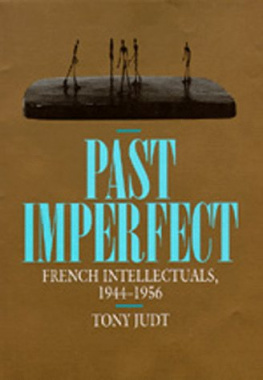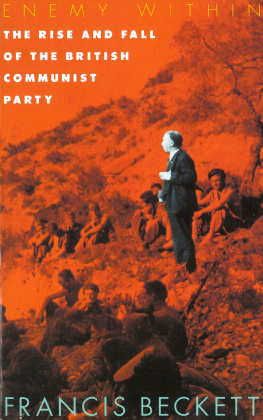Francis Beckett and Tony Russell - 1956
Here you can read online Francis Beckett and Tony Russell - 1956 full text of the book (entire story) in english for free. Download pdf and epub, get meaning, cover and reviews about this ebook. year: 2015, publisher: Biteback Publishing, genre: Politics. Description of the work, (preface) as well as reviews are available. Best literature library LitArk.com created for fans of good reading and offers a wide selection of genres:
Romance novel
Science fiction
Adventure
Detective
Science
History
Home and family
Prose
Art
Politics
Computer
Non-fiction
Religion
Business
Children
Humor
Choose a favorite category and find really read worthwhile books. Enjoy immersion in the world of imagination, feel the emotions of the characters or learn something new for yourself, make an fascinating discovery.
- Book:1956
- Author:
- Publisher:Biteback Publishing
- Genre:
- Year:2015
- Rating:3 / 5
- Favourites:Add to favourites
- Your mark:
- 60
- 1
- 2
- 3
- 4
- 5
1956: summary, description and annotation
We offer to read an annotation, description, summary or preface (depends on what the author of the book "1956" wrote himself). If you haven't found the necessary information about the book — write in the comments, we will try to find it.
1956 — read online for free the complete book (whole text) full work
Below is the text of the book, divided by pages. System saving the place of the last page read, allows you to conveniently read the book "1956" online for free, without having to search again every time where you left off. Put a bookmark, and you can go to the page where you finished reading at any time.
Font size:
Interval:
Bookmark:
I f it were possible to buy package holidays to the early 50s, there might not be many takers. After a few hours of looking around, vacationers would probably be clamouring to come home even those of us, like the present authors, who have visited before. (We were very young at the time.)
Tourists from the twenty-first century would have to be careful about their behaviour, and guides would warn them of quaint and primitive local customs. It would have to be explained to them that if two men had any physical contact in public beyond a handshake, this could cause a scandal, unless they were fighting, in which case it was probably OK.
Women would have to be careful about their clothing and their behaviour, as if they were visiting a strict Muslim country, and would be expected to regard sex as a commodity to be traded for a wedding ring. To prepare visitors for the culture shock, a thoughtful tour company might equip them with a copy of David Lodges 1980 novel How Far Can You Go?, where they would discover that, in the fifties, everyone was waiting to get married.
In Lodges book, Roman Catholics Dennis and Angela wait for many years for their wedding, while they get their degrees, he does his National Service, they get jobs and save money. In 1952, he puts a hand on her breast outside her blouse. In 1953, he strokes her leg to stocking-top height. In 1954, he puts a hand inside her blouse and on to her bra. Angela tires of acting as moral referee over their endearments, blowing the whistle at every petty infringement.
The early 50s may have been a time there is no way this can be proved when more people married as virgins than at almost any time before or since, for its prudery was new. Compared with the early 50s, the decades between the two world wars had been years of joyful sexual liberation. Prudery came with austerity and rationing and bad cooking.
The place would seem to us dirty and uncared-for. London and other cities would still have great tracts of bare ground, where wartime bombs had destroyed the buildings and nothing had yet replaced them.
In December 1952, a thick and polluted fog fell on London, killing many people, bringing road, air and rail transport to a virtual standstill, and even so it was said choking cows to death in fields near the city. Around the Isle of Dogs, the smog, as it was called, was so thick that people could not see their feet. It was just the worst of a series of smogs to hit the dreadfully dirty and polluted capital in the first half of the 50s.
You would have to be careful what reading you took with you to the early 50s. You could get into trouble for possessing books proscribed by the Obscene Publications Act, such as Vladimir Nabokovs Lolita, which was banned in the UK until 1959, or D. H. Lawrences Lady Chatterleys Lover, finally legalised after a famous court case in 1960. In the 50s, if you wanted to read those books, you had to purchase them in France and try to smuggle them into the UK in your holiday luggage.
It was illegal to get an abortion, have a homosexual relationship or put on a play without first obtaining permission from the Lord Chamberlain, who would vet the script carefully for banned words.
It was the world of Dennis Potters great greyness the feeling of the flatness and bleakness of everyday England. It was a world of convention. Short back and sides, a man would say as he walked into the barber; it would have been unmanly to say anything else. The man, if he was middle class and it was a working day, would have worn a grey suit, white shirt and tie, and his turn-ups would have been baggy with the dust of the weeks work.
The early 1950s were grim, dull years, wrote Royston Ellis in The Big Beat Scene:
There were no coffee bars, no commercial television stations, no juke boxes, and no teenage singing stars. The young people of those years were the same as they had been for generations previous. They were quiet, ordinary embryo-adults plodding without interference towards maturity.
Their spare time was spent on sport, ballroom dancing, or on visits to the cinema. Slumped in the stalls of the local fleapit they came face to face with celluloid glamour transporting them to the fantasies of filmdom. Their idols were film, not record, stars.
For the tourist from the future, perhaps the worst thing would be the food. The residue of wartime shortages and rationing, on top of Britains traditional culinary conservatism, made for dreadfully plain fare. Conversation at mealtimes often turned wistfully to the good things you could get before the war, such as real cream, thick and glutinous.
Visitors who wanted to find out how people lived might ask to be taken to the schools where their children were educated, and these would come as a shock.
For those at the poshest schools the expensive private fee-charging schools, confusingly called public schools to this day and the grammar schools, where brainy middle-class children went, there were long hours of stifling boredom, parsing sentences, chanting Latin declensions and memorising capital cities.
For those who failed the eleven plus and went to secondary modern schools, education was relentlessly skill-based. There was thought to be little need to bother with literature and history for those who were to spend their whole working lives doing menial jobs.
The school system enshrined the class system. In Church of England schools, they still sang the verse from All Things Bright and Beautiful that is now banned:
The rich man in his castle
The poor man at his gate
God made them, high and lowly,
And ordered their estate.
Boys (and often girls) in 50s schools expected to be beaten regularly, like carpets. In a few schools, they were caned only occasionally and on special occasions, but in many, especially private fee-charging schools, it was a commonplace, if not daily, feature of life.
In many of these schools, beatings were formally administered not just by teachers but by older children too. Seventeen-year-olds were empowered to beat fifteen-year-olds; in many preparatory schools, twelve-year-olds were empowered to beat nine-year-olds. It was an unusually docile boy, or one who attended an unusually liberal school, who had not received a formal beating by the time he was eight, and there would be many more to come.
At many schools, the regime was merciless. The Catholic order of the Christian Brothers ran schools that were notorious for sustained brutality. Masters, as male teachers were routinely called in schools of the period, regularly beat their pupils to a pulp with their fists and any weapon that came to hand. Everyone knew it, and no one seemed to think anything should be done about it.
A lot of schools had on their staff a resident sadist. The children all knew who he was (it was generally, though not always, a man) and learned to avoid him, and the rest of the staff looked the other way. A very large number of schools we are only just beginning to realise how many also had on their staff at least one sexual predator who liked them young. Again, the children knew who he was, and who his victims were; and if his colleagues knew, they liked to pretend to themselves that they did not.
For, intolerant as the 50s were about most things, the tourist would find the mood of the times very tolerant towards sadistic teachers, as well as to violence in the home against both women and children.
They were tolerant about drink-driving too. Your attentive host would routinely offer you one for the road, and the tourist would be well advised not to venture on to the roads after the pubs closed, for a large proportion of the cars must have been driven by people who were too drunk to stand up.
Font size:
Interval:
Bookmark:
Similar books «1956»
Look at similar books to 1956. We have selected literature similar in name and meaning in the hope of providing readers with more options to find new, interesting, not yet read works.
Discussion, reviews of the book 1956 and just readers' own opinions. Leave your comments, write what you think about the work, its meaning or the main characters. Specify what exactly you liked and what you didn't like, and why you think so.

